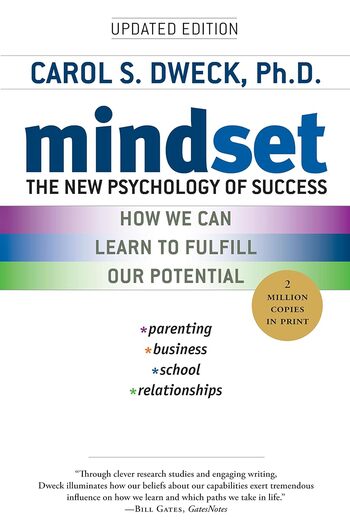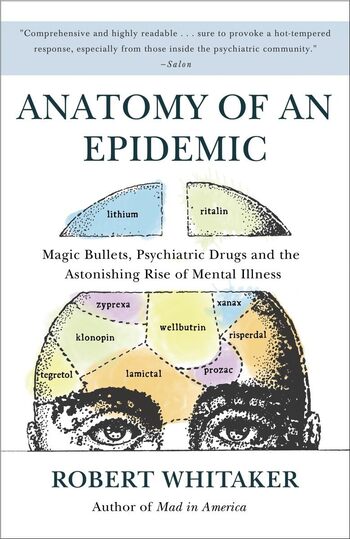
Radical Acceptance by Tara Brach blends Buddhism and Western psychology to guide readers toward self-compassion and mindfulness. It helps individuals overcome self-blame and inadequacy by embracing radical acceptance.
Main Lessons
- Radical acceptance is about accepting whole-heartedly who we are without judgment.
- Mindfulness and Buddhist meditation can be tools for healing and personal development.
- Western culture often emphasizes inadequacy and competition, contributing to self-blame.
- The ‘trance of unworthiness’ is a prevalent feeling described in the book that hampers personal growth.
- Practicing self-compassion involves recognizing and embracing our feelings.
- The sacred pause can be a powerful tool to stop and reflect before reacting.
- Our perceived imperfections can be seen as natural, rather than detrimental.
- Mindful awareness focuses on observing our thoughts without judgment.
- Recognizing emotions helps create space for them, allowing compassionate responses.
- Human connection is invaluable and can foster empathy and compassion.
- Buddhism teaches us to focus on the present moment and appreciate life’s journey as it unfolds.
- Self-liberation can be achieved by freeing ourselves from the constraints of self-criticism.
- Radical acceptance encourages personal change by empowering self-reflection and acknowledgment of our feelings.








